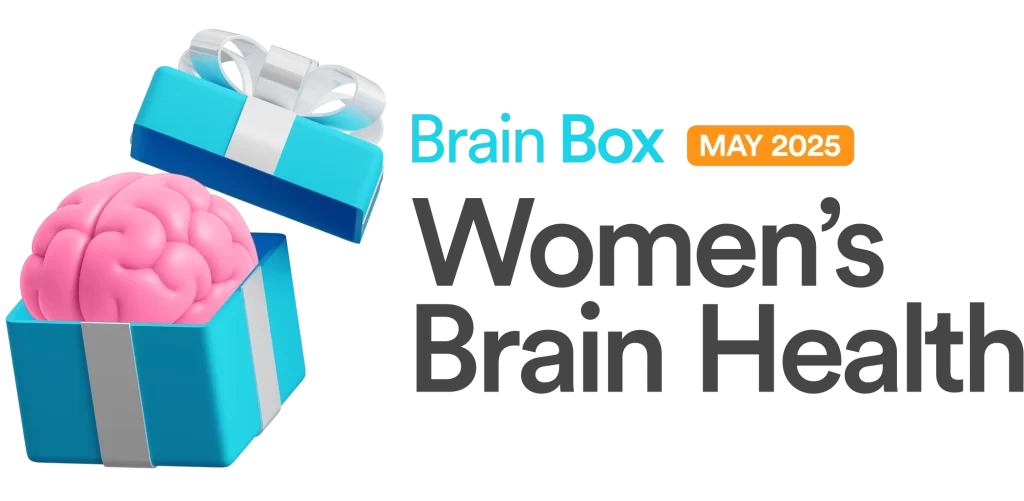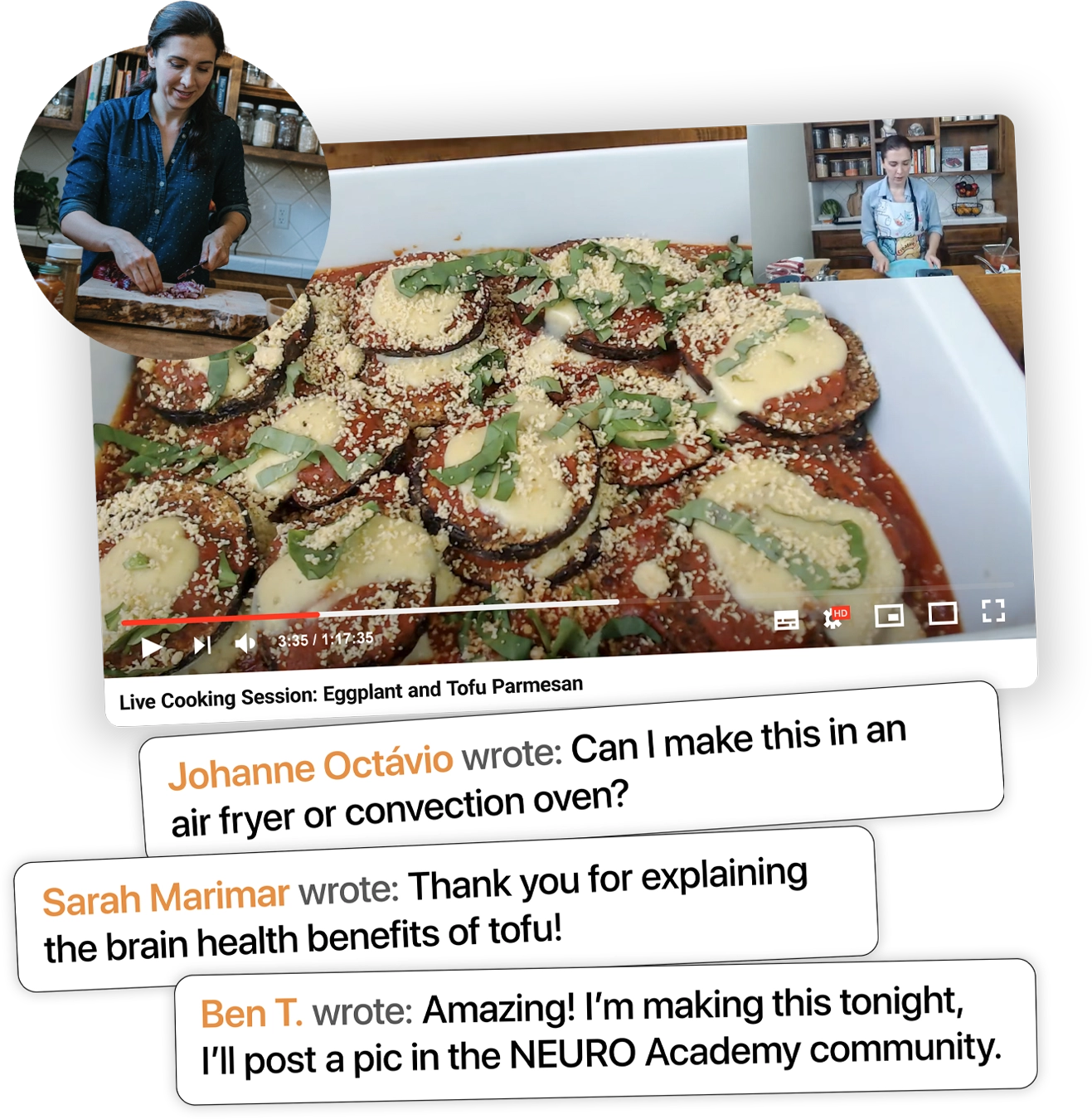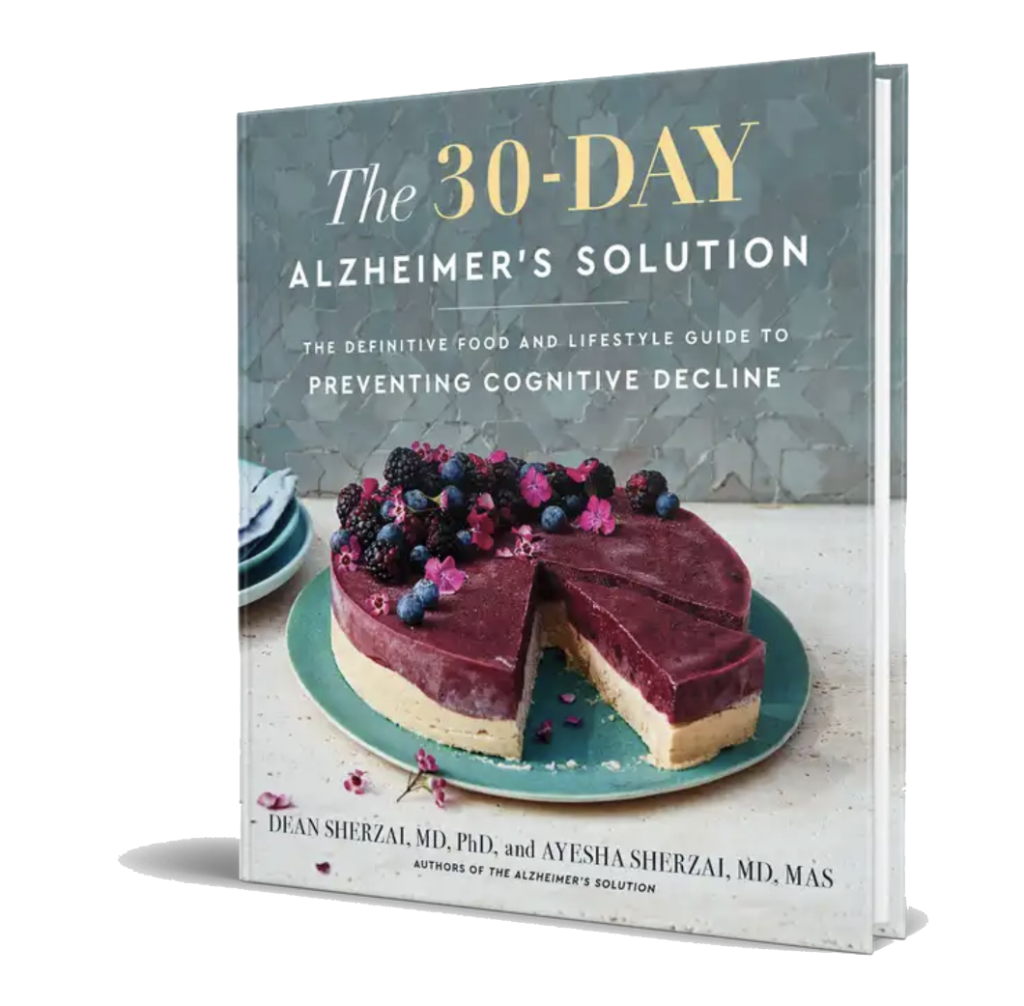We originally shared this as a newsletter! Get more, direct to your inbox.
Roughly 1% of the US population lives with celiac disease — what does that mean for you?
That’s over 30 million individuals whose bodies mount an autoimmune attack simply from encountering gluten.
But why are these seemingly ordinary proteins — found in staples like wheat, barley, and rye — capable of triggering such a profound reaction in some of us?
Our understanding of gluten-related issues has evolved considerably. Once primarily associated with childhood digestive ailments, we now recognize a far broader spectrum, encompassing not only the autoimmune condition of celiac disease, but also the less clearly-defined realm of non-celiac gluten sensitivity.
Researchers have highlighted a number of ways our bodies respond to gluten. It can manifest in surprisingly diverse ways, sometimes extending beyond the gut to affect energy levels, mood, and even impairing cognitive function.
The scientific community is actively engaged in unraveling these complexities. Experts are meticulously investigating the interplay between our genetic predispositions and the unique characteristics of gluten itself, striving to understand why, for some, its digestion initiates an immune response.
In the latest episode of our podcast, ‘Your Brain On… Gluten’, we delve deep into this fascinating intersection of diet and neurology.
We’re honored to feature insights from leading experts in the field: Dr. Alessio Fasano, renowned for his work on intestinal permeability, and Dr. Frank Cusimano, a practicing gastroenterologist with a keen understanding of the systemic effects of gluten.
Join us as we explore the fascinating neuroscience behind gluten and common misconceptions and highlight the importance of evidence-based information in a world often clouded by dietary trends.
Podcast of the Week: Your Brain On...Gluten with guests Dr. Alessio Fasano and Dr. Frank Cusimano

Gluten has become one of the most misunderstood aspects of modern nutrition. Let’s set the record straight.
In this episode, we untangle the medical, neurological, and cultural narratives surrounding gluten, from celiac disease and non-celiac gluten sensitivity to real (and rare) cases of gluten-induced brain dysfunction.
We discuss:
- The differences between celiac disease, gluten sensitivity, and wheat allergy
- How gluten affects the gut, and what ‘leaky gut’ really means
- Whether gluten can trigger neurological symptoms like ataxia and brain fog
- Why cutting out gluten without a diagnosis may do more harm than good
- How wheat contributes to a healthy microbiome (and why fiber matters)
- What role zonulin plays in gut permeability and immune activation
- Why brain fog isn’t yet well understood (and the theories behind it)
Podcast Guests

Dr. Alessio Fasano
Pediatric gastroenterologist, research scientist, and chief of Pediatric Gastroenterology and Nutrition at Mass General for Children (MGfC), and director of the Center for Celiac Research.

Dr. Frank Cusimano
Gastroenterologist, physician-scientist, and gut-brain health communicator with a PhD in Nutritional and Metabolic Biology from Columbia University Institute of Human Nutrition.
Video of the Week: Mythbusting gluten's affects on brain health
Does gluten cause brain fog?
We explore the neurological effects of gluten with The Stomach Doc
Dr. Joseph Salhab, in this reel over on our Instagram.
Additionally, we discuss the matter in-depth in our podcast episode: ‘Your Brain On…Gluten’!
Recipe of the Week: Herby Quinoa Bowl

Fresh, green, and gluten-free – this week we’re featuring a brain-healthy and flavorful Herby Quinoa Bowl.
Here’s the shopping list for later on so you can throw together this easy gluten-free meal.
Herby Quinoa Bowl shopping list:
For the quinoa:
- Water
- Broccoli florets, cut into bite-sized pieces
- Green peas or edamame (fresh or frozen)
- Fresh green beans or asparagus, chopped
- Cooked quinoa
- Chopped mixed fresh herbs (mint, dill, and flat-leaf parsley work well)
- Ripe avocado
- Toasted slivered almonds
For the dressing:
- Almond butter
- Fresh ginger
- Crushed red pepper flakes
- Juice of 1–2 large oranges or orange juice
- Salt
- Freshly-ground black pepper
Blog of the Week: 21 Nutritional recipes for optimal brain-health

Nutritional recipes are a great way to optimize your brain health for the long-run.
Whether you’re just starting out on your brain-health journey or searching for a recipe to use for dinner tonight, we have plenty of nutritious and brain-healthy recipes to support your longevity efforts.
Looking for more? Join us in NEURO World, where you have exclusive access to recipes like these, and so many others! As well as our live cooking sessions.

Our FREE Women’s Brain Health Brain Box includes:
🧠 Evidence-based Women’s Brain Health plans
🍓 Brain-healthy Mother’s Day brunch recipes and gift ideas
🧪 A science-backed cognitive test
👩⚕️ Interviews with women’s brain health experts
✅ 10 days of access to our livestreams and Q&As
Here's what we're thinking...
When we take a closer look at gluten and its connection to the brain, the story becomes much more interesting (and more important) than many of us realize.
Beyond just digestion, gluten can affect the nervous system in ways that are still being uncovered, especially for those with certain sensitivities.
By understanding these connections, we can move toward more personalized approaches to nutrition — ones that support brain health, reduce risk for neurological disorders, and help us make smarter decisions about the food we eat every day.
This isn’t about fear or fad diets. It’s about embracing good science, honoring the mind-body connection, and using what we learn to build healthier habits for the long term!
Interested in more?
Check out more information on your favorite brain-health topics but exploring recent newsletters like “How menopause accelerates brain aging“

Join the NEURO Academy community to get exclusive access to Ayesha’s live brain-healthy cooking sessions.
- Ask Ayesha questions
- Learn about the brain health benefits of different foods
- Share your food photos in the NEURO Academy community, and exchange tips with other members!











